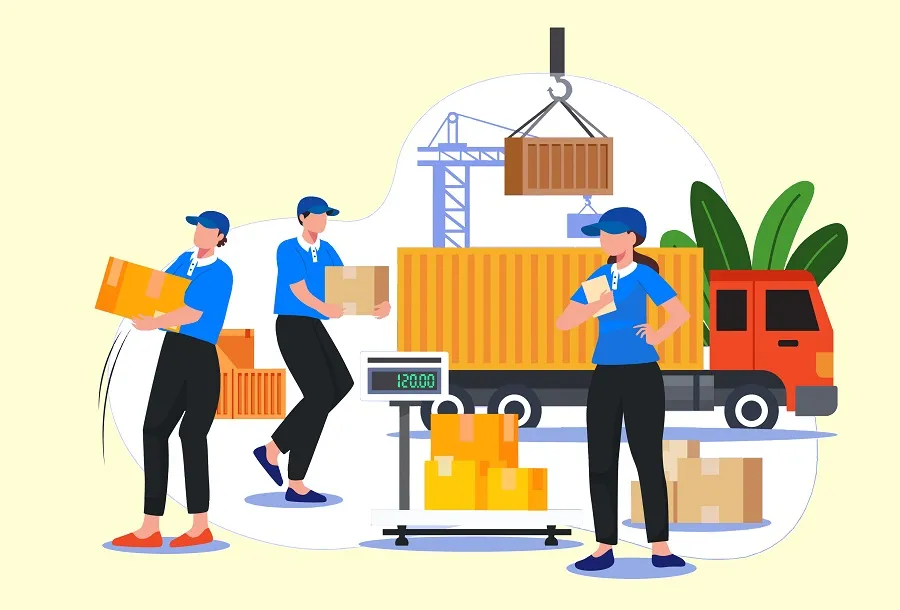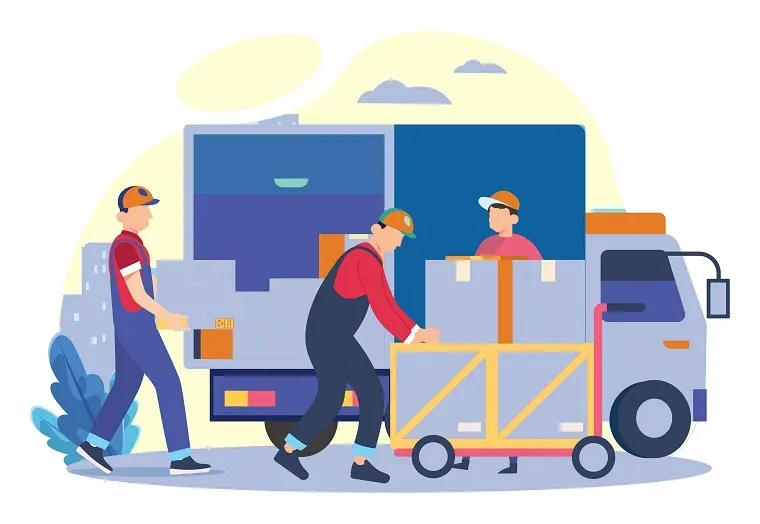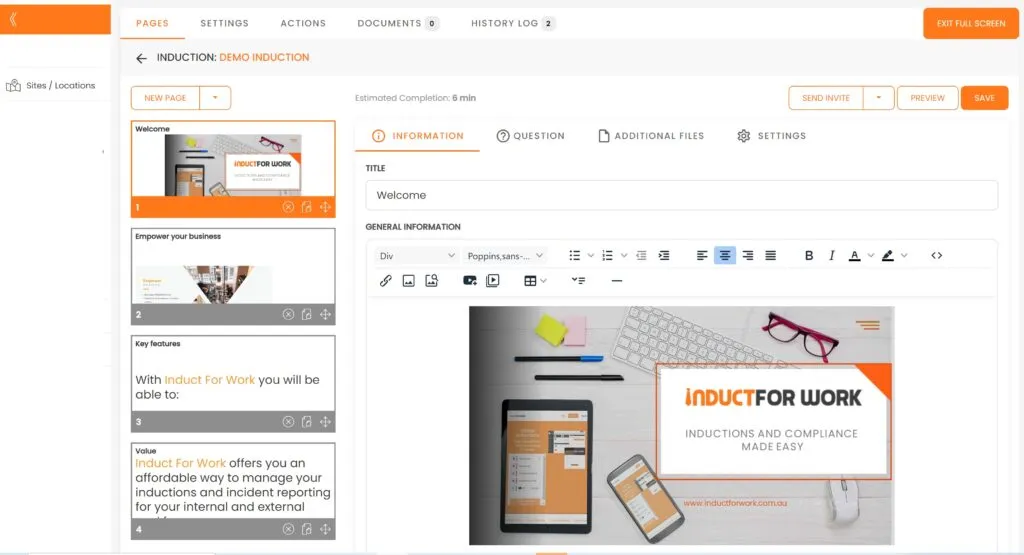
Transport & logistics safety inductions
Site inductions - Document collection
Visitor Management - Incident reporting
and more
No-code solutions for the unique needs of transport industry
No technical expertise necessary
Trusted by businesses and governments








Recruit drivers faster
- Create pre-employment workflows
- Get paperwork done using electronic Signatures
- Pre-qualify drivers, contractors and sub-contractors
- Collect insurances, licences and emergency contacts
- Manage driver safety inductions and training
- Assign admins and site supervisors to your account
- Keep track of who is on site via Sign In kiosks
- Monitor document expiration dates
- Save hours of HR admin time


Manage compliance
- Manage driver LMS
- Facilitate the delivery, tracking and management of driver training programs
- Provide employees and drivers with on-demand training resources that can be accessed anytime anywhere
- Provide drivers with self-service Portals to allow drivers to manage their own information, such as updating personal details
- Notify contractors and their drivers when credentials require renewal
- Maintain a comprehensive audit trail of driver activities and training completions
Link your existing software
Integrate your INDUCT FOR WORK account to 7,000 apps:
- Seamlessly Synchronise Data between your apps
- Further reduce manual work
- Increase efficiency
- Save hours of time
- Enhance admin experience
- Minimise data entry errors
- Access broader ecosystems

Prevent work incidents
- Improve user understanding of safety protocols
- Activate Incident Reporting and Sign in kiosks
- Allows contractors to report incidents and near misses from their phones
- Enable the assignment and tracking of corrective actions following any report
- Sign In and Induction modules are Integrated to ensure only compliant contractors are allowed on-site
- Send customised emergency alerts to users
Try It for free
- No technical expertise necessary
- Full 14 day access to INDUCT FOR WORK LMS and Safety System
- Personalised assistance with your account setup
- Assistance with creating inductions
- Unlimited induction courses
- Unlimited assessments and acknowledgements
- Help with setting up document collection form your users
- Access to all account activities reports
- Help with setting up auto notifications
- Assistance to get the right package

Instant online demo
See for yourself why Transport industry is using INDUCT FOR WORK
